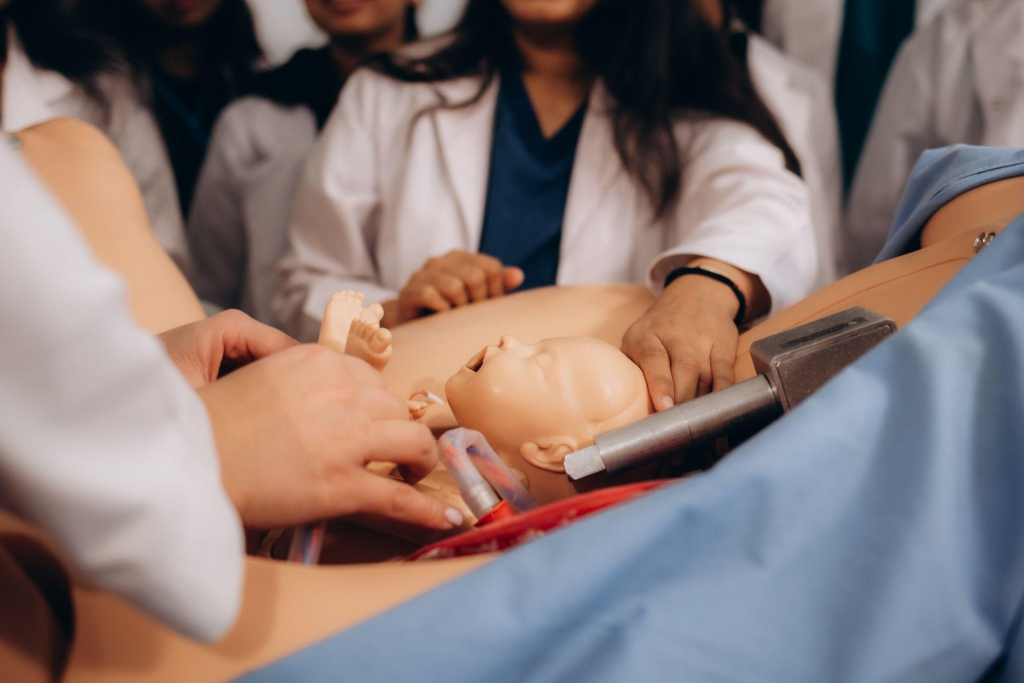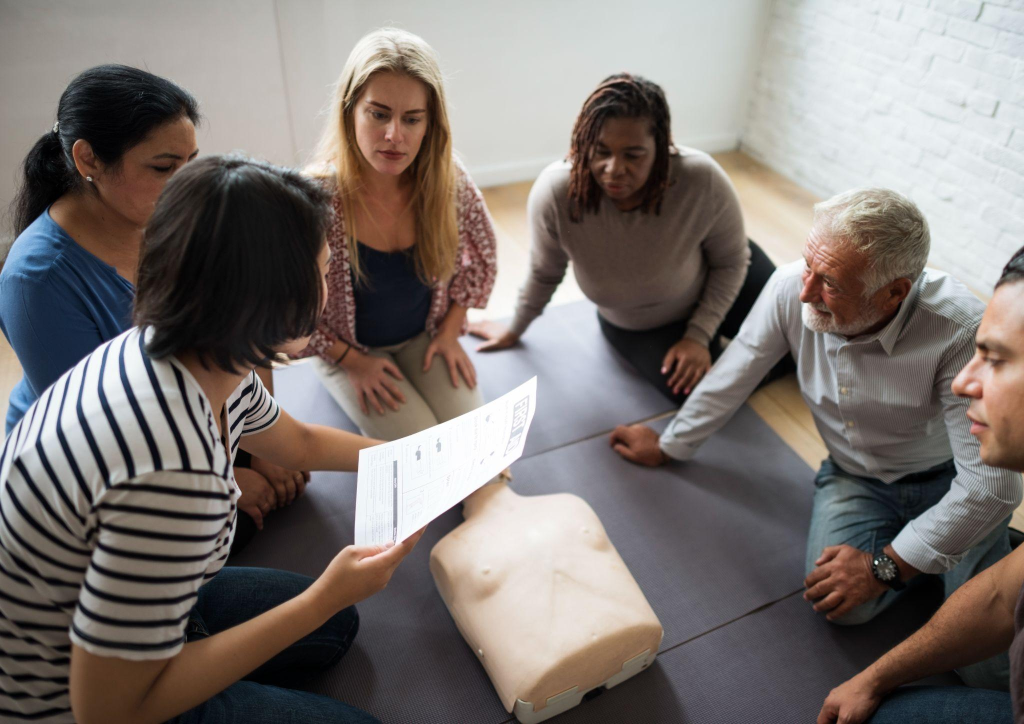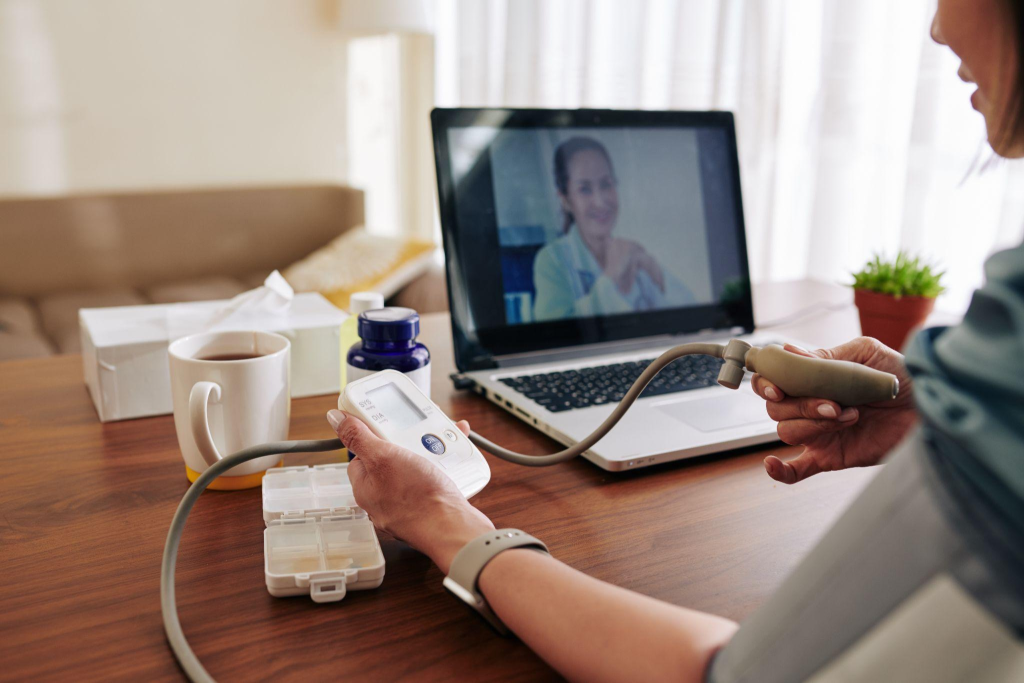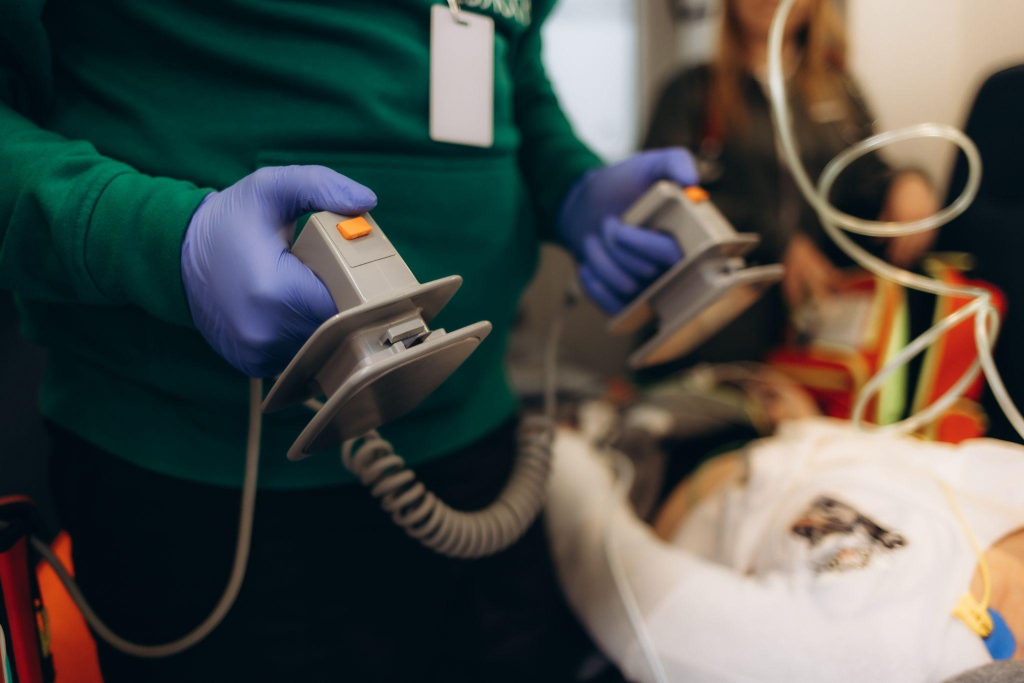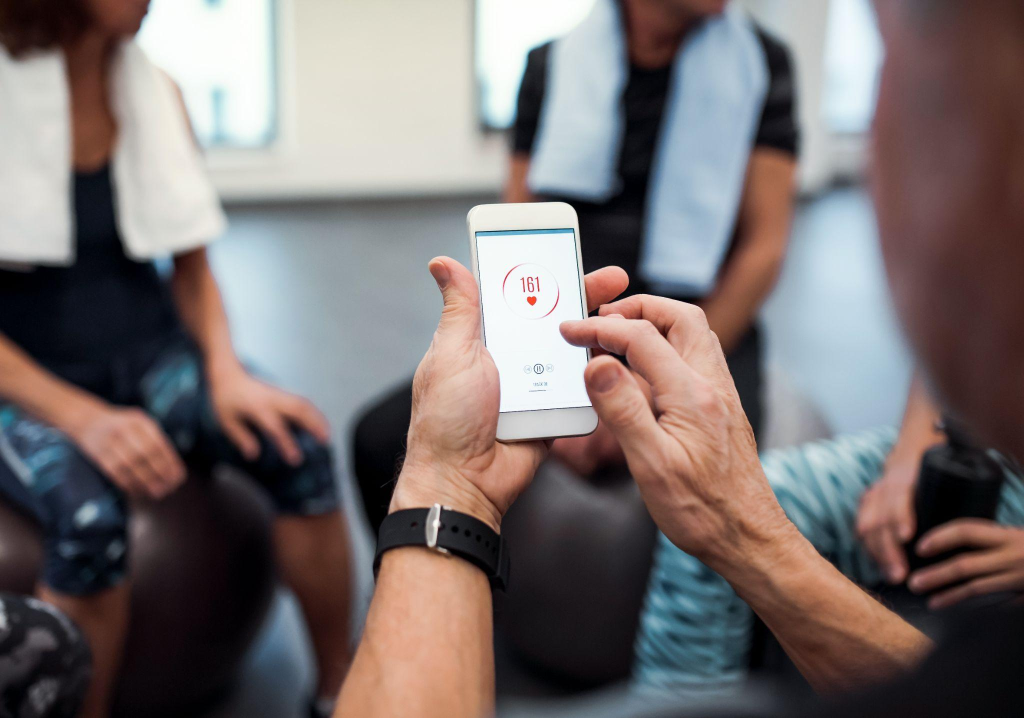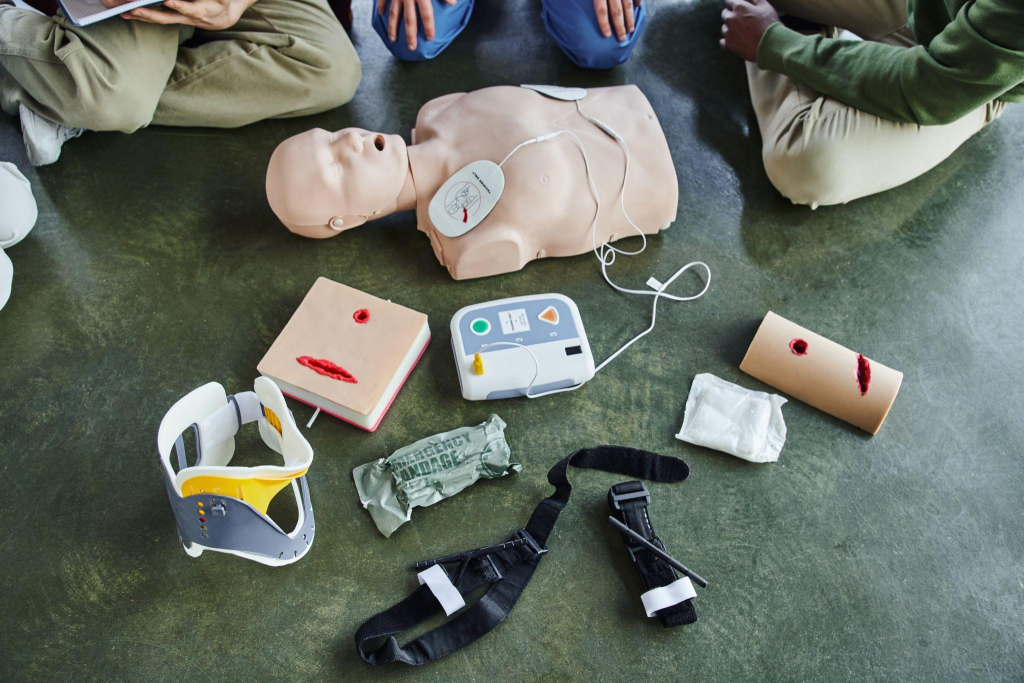Caring for elderly loved ones is a noble but challenging task. As they age, seniors become more vulnerable to cardiac issues, making it crucial for caregivers to recognize symptoms early and respond effectively. This guide aims to empower caregivers with the knowledge to spot cardiac problems and train them in Advanced Cardiovascular Life Support (ACLS) principles to offer the best possible care.
Understanding the Importance of Senior Cardiac Health
Why Cardiac Health in Seniors Matters
Cardiovascular diseases are a leading cause of morbidity and mortality among the elderly. Aging leads to physiological changes that can predispose them to various heart conditions, making timely diagnosis and intervention essential.
Common Cardiac Issues in the Elderly
Elderly individuals often face several heart-related issues such as coronary artery disease, arrhythmias, heart failure, and hypertension. Understanding these common conditions is the first step in recognizing and managing them effectively.
The Role of Caregivers in Cardiac Health
Caregivers play a pivotal role in the health and well-being of seniors. They are often the first to notice subtle changes in behavior or health that could indicate cardiac issues. Thus, equipping them with the right knowledge is vital.
Recognizing Cardiac Issues in the Elderly
Identifying Symptoms of Cardiac Problems
Caregivers should be vigilant about symptoms such as chest pain, shortness of breath, fatigue, irregular heartbeat, and swelling in the legs. Early detection can significantly improve outcomes.
Monitoring Vital Signs
Regular monitoring of vital signs like blood pressure, heart rate, and oxygen levels can provide valuable information about a senior’s cardiac health. Understanding what these numbers mean is crucial for timely intervention.
Behavioral Changes to Watch For
Elderly individuals may not always communicate their discomfort effectively. Caregivers should look for behavioral changes such as increased confusion, anxiety, or lethargy, which could signal underlying cardiac issues.
The Importance of ACLS Training for Caregivers
What is ACLS?
Advanced Cardiovascular Life Support (ACLS) is a set of clinical interventions for the urgent treatment of cardiac arrest, stroke, and other life-threatening medical emergencies. It involves the use of advanced medical procedures and medications.
Benefits of ACLS Certification for Caregivers
ACLS certification equips caregivers with the skills to handle cardiac emergencies confidently. From administering CPR to using defibrillators, ACLS-trained caregivers can make a significant difference in critical situations.
How to Get ACLS Certified
Caregivers can obtain ACLS certification online or through in-person courses. Online ACLS courses offer flexibility, allowing caregivers to learn at their own pace and convenience.
Training Caregivers on ACLS Principles
Choosing the Right ACLS Course
Selecting an accredited ACLS certification course is essential. Look for programs that offer comprehensive training, including practical simulations and assessments.
Online ACLS Courses
Online ACLS courses are an excellent option for caregivers with busy schedules. These courses provide interactive learning modules, video demonstrations, and practice tests to ensure caregivers are well-prepared.
ACLS Certification Renewal
ACLS certification renewal is necessary to keep skills up-to-date. Caregivers should pursue ACLS recertification online or find “ACLS recertification near me” options to maintain their credentials.
Practical Tips for Implementing ACLS Training
Simulated Practice Sessions
Regular simulated practice sessions can help caregivers retain and apply ACLS skills effectively. These sessions can mimic real-life scenarios, helping caregivers build confidence.
Integrating ACLS Training with Daily Care
Caregivers should integrate ACLS principles into their daily caregiving routines. Regular drills, monitoring, and communication with healthcare professionals can enhance preparedness.
Encouraging Continuous Learning
Healthcare is an evolving field. Encouraging caregivers to stay updated with the latest ACLS guidelines and advancements ensures they provide the best care possible.
Building a Community of Knowledge
Sharing Experiences and Insights
Caregivers can benefit from sharing their experiences and insights with each other. Community forums and support groups can be valuable resources for learning and emotional support.
Accessing Online Resources
There are numerous online resources available to caregivers, including articles, webinars, and tutorials on ACLS and senior health. Leveraging these resources can enhance their knowledge and skills.
Connecting with Healthcare Professionals
Building a network with healthcare professionals can provide caregivers with guidance and support. Regular consultations can help refine caregiving strategies and ensure the well-being of elderly loved ones.
Conclusion
The role of caregivers in recognizing cardiac issues and applying ACLS principles is indispensable. By equipping caregivers with the necessary knowledge and skills, we can ensure that our elderly loved ones receive the best possible care during critical moments. For those interested in pursuing ACLS certification online, AffordableACLS.com is a low cost option written by emergency physicians. Join the community of informed caregivers and take the first step towards making a significant difference in the lives of seniors.




